Plastic forks have become an indispensable item in today’s fast-paced and convenience-focused society. With their increasing popularity, it’s no wonder that businesses in the food industry are fully embracing the advantages they offer. In this article, we will explore the rising demand for plastic forks and how they are benefiting the food industry. 1. Durability and Convenience: One of the main reasons behind the surging demand for plastic forks is their durability and convenience. Unlike their traditional metal counterparts, plastic forks are lightweight and can easily be disposed of after use, making them a perfect choice for takeaway meals, fast food joints, and catering services. They eliminate the need for cleaning and cutlery preparation, allowing businesses to streamline their operations seamlessly. 2. Cost-effectiveness: Plastic forks are considerably more affordable than stainless steel or silver forks. This affordability makes them an ideal choice for businesses operating on tight budgets, especially startup ventures or small-scale restaurants.
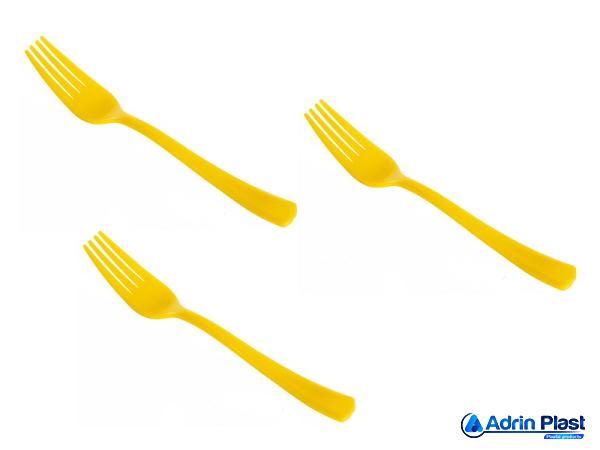
.
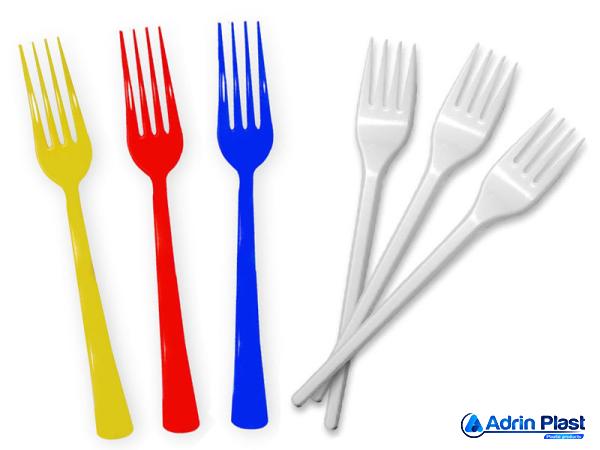 Additionally, plastic forks can be purchased in bulk, offering further cost savings. 3. Hygienic and Safe: The use of disposable plastic forks ensures a higher level of hygiene and safety. Unlike reusable cutlery, plastic forks are not exposed to repeated use by multiple individuals, reducing the risk of cross-contamination in food handling. With proper disposal after each use, plastic forks ensure a clean and safe dining experience for customers. 4. Customizability: Plastic forks offer versatility in terms of customizability. Businesses can have their logos or branding elements printed on the handles of these forks, creating a unique and professional image. This customized branding adds a touch of personalization, enhancing brand recognition and customer loyalty. 5. Eco-friendly Alternatives: In recent years, the plastic industry has faced criticism for its environmental impact. As a response to these concerns, biodegradable options like compostable or plant-based plastic forks have emerged. With increasing consumer consciousness about sustainability, these eco-friendly alternatives are gaining popularity. Businesses can opt for these alternatives to showcase their commitment to the environment and attract eco-conscious consumers. 6. Accessibility and Availability: Plastic forks are readily available in various sizes and designs, ensuring accessibility for businesses of all sizes.
Additionally, plastic forks can be purchased in bulk, offering further cost savings. 3. Hygienic and Safe: The use of disposable plastic forks ensures a higher level of hygiene and safety. Unlike reusable cutlery, plastic forks are not exposed to repeated use by multiple individuals, reducing the risk of cross-contamination in food handling. With proper disposal after each use, plastic forks ensure a clean and safe dining experience for customers. 4. Customizability: Plastic forks offer versatility in terms of customizability. Businesses can have their logos or branding elements printed on the handles of these forks, creating a unique and professional image. This customized branding adds a touch of personalization, enhancing brand recognition and customer loyalty. 5. Eco-friendly Alternatives: In recent years, the plastic industry has faced criticism for its environmental impact. As a response to these concerns, biodegradable options like compostable or plant-based plastic forks have emerged. With increasing consumer consciousness about sustainability, these eco-friendly alternatives are gaining popularity. Businesses can opt for these alternatives to showcase their commitment to the environment and attract eco-conscious consumers. 6. Accessibility and Availability: Plastic forks are readily available in various sizes and designs, ensuring accessibility for businesses of all sizes.
..
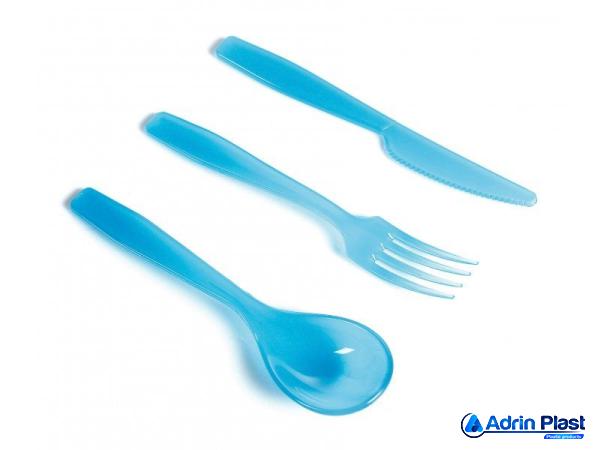 Whether it’s a food truck, a school cafeteria, or a high-end restaurant, plastic forks cater to the needs and requirements of different establishments. The ease of access to plastic forks eliminates logistical challenges for businesses in sourcing cutlery. Conclusion: Plastic forks have successfully made their way into the food industry due to their durability, cost-effectiveness, and hygienic properties. The convenience they offer, coupled with customization possibilities, has made them a popular choice among businesses. Moreover, the availability of eco-friendly alternatives addresses environmental concerns, giving businesses the opportunity to align with sustainability goals. As the demand for plastic forks continues to rise, it is crucial for businesses in the food industry to make informed decisions about which type of plastic fork meets their requirements without compromising on quality, safety, and sustainability.By carefully considering factors such as the intended usage, durability, and eco-friendliness, businesses can ensure they are selecting the best plastic fork option for their needs. Additionally, it’s important for businesses to educate their customers about the recyclability or compostability of the plastic forks they provide. By displaying proper disposal instructions and raising awareness about responsible waste management, businesses can encourage customers to minimize the environmental impact associated with single-use plastics.
Whether it’s a food truck, a school cafeteria, or a high-end restaurant, plastic forks cater to the needs and requirements of different establishments. The ease of access to plastic forks eliminates logistical challenges for businesses in sourcing cutlery. Conclusion: Plastic forks have successfully made their way into the food industry due to their durability, cost-effectiveness, and hygienic properties. The convenience they offer, coupled with customization possibilities, has made them a popular choice among businesses. Moreover, the availability of eco-friendly alternatives addresses environmental concerns, giving businesses the opportunity to align with sustainability goals. As the demand for plastic forks continues to rise, it is crucial for businesses in the food industry to make informed decisions about which type of plastic fork meets their requirements without compromising on quality, safety, and sustainability.By carefully considering factors such as the intended usage, durability, and eco-friendliness, businesses can ensure they are selecting the best plastic fork option for their needs. Additionally, it’s important for businesses to educate their customers about the recyclability or compostability of the plastic forks they provide. By displaying proper disposal instructions and raising awareness about responsible waste management, businesses can encourage customers to minimize the environmental impact associated with single-use plastics.
…
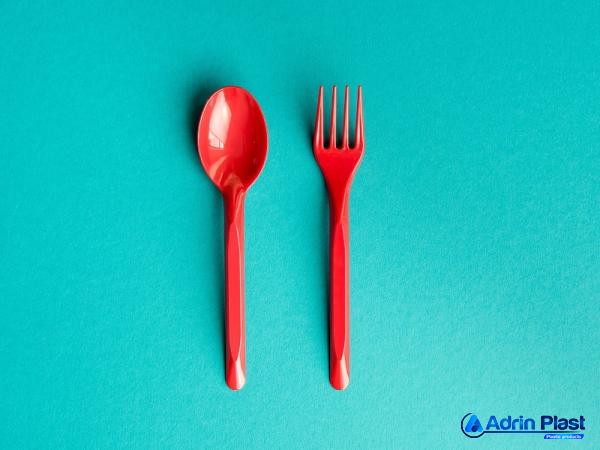 Furthermore, manufacturers are exploring innovative ways to enhance the functionality of plastic forks. For instance, some companies are designing forks with extended handles or improved grip, making them more comfortable and practical for consumers. Businesses that provide delivery or takeout services can also take advantage of the convenience offered by plastic forks. Ensuring these forks are included in the packaging along with other utensils can enhance the overall customer experience and satisfaction. However, it’s important to note that plastic forks are not without their challenges. The backlash against single-use plastics and concerns about plastic pollution have prompted regulations and initiatives to reduce plastic waste. Businesses need to stay updated on these developments and adapt their practices accordingly. Exploring alternative materials or encouraging customers to bring their own reusable cutlery can be steps towards sustainability. In conclusion, the rising demand for plastic forks in the food industry is a testament to their durability, cost-effectiveness, and convenience. Despite growing concerns regarding plastic pollution, businesses that choose responsibly, educate their customers, and explore eco-friendly alternatives can benefit from the advantages these forks offer. By assessing their needs, considering sustainability, and staying informed about industry trends, businesses can continue to meet customer demands while minimizing their environmental impact.
Furthermore, manufacturers are exploring innovative ways to enhance the functionality of plastic forks. For instance, some companies are designing forks with extended handles or improved grip, making them more comfortable and practical for consumers. Businesses that provide delivery or takeout services can also take advantage of the convenience offered by plastic forks. Ensuring these forks are included in the packaging along with other utensils can enhance the overall customer experience and satisfaction. However, it’s important to note that plastic forks are not without their challenges. The backlash against single-use plastics and concerns about plastic pollution have prompted regulations and initiatives to reduce plastic waste. Businesses need to stay updated on these developments and adapt their practices accordingly. Exploring alternative materials or encouraging customers to bring their own reusable cutlery can be steps towards sustainability. In conclusion, the rising demand for plastic forks in the food industry is a testament to their durability, cost-effectiveness, and convenience. Despite growing concerns regarding plastic pollution, businesses that choose responsibly, educate their customers, and explore eco-friendly alternatives can benefit from the advantages these forks offer. By assessing their needs, considering sustainability, and staying informed about industry trends, businesses can continue to meet customer demands while minimizing their environmental impact.
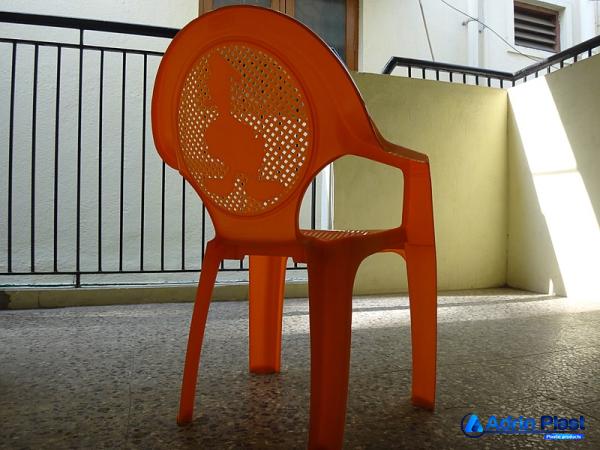
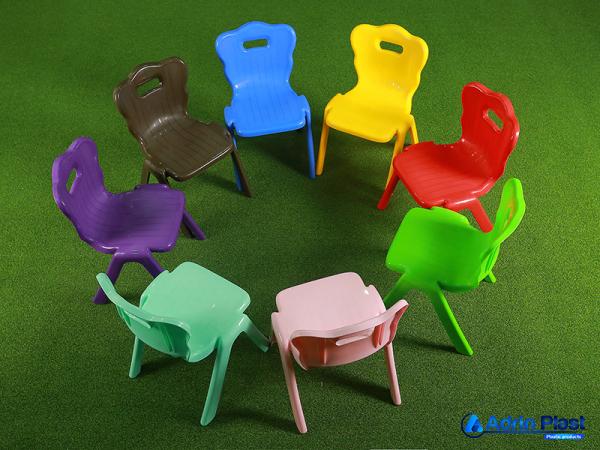
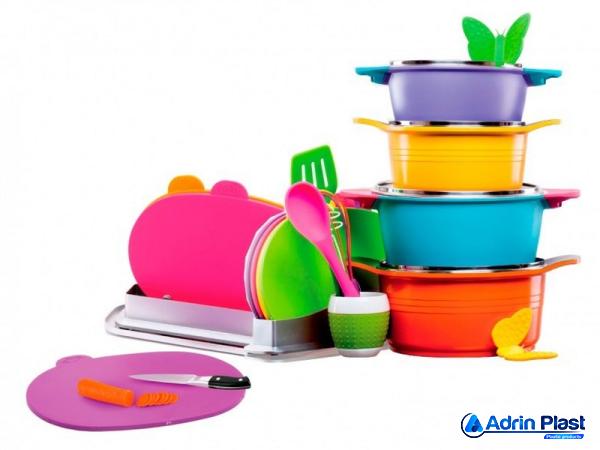
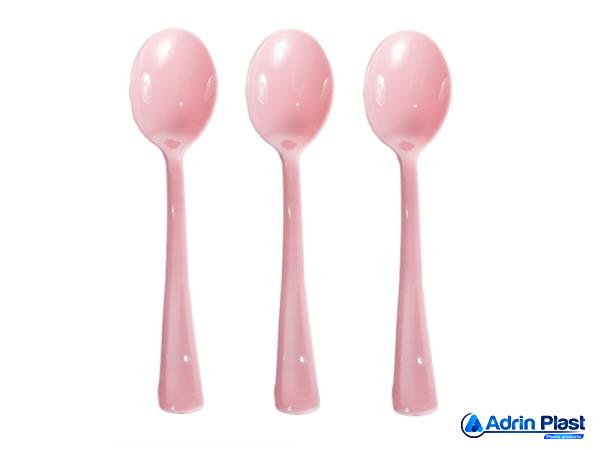

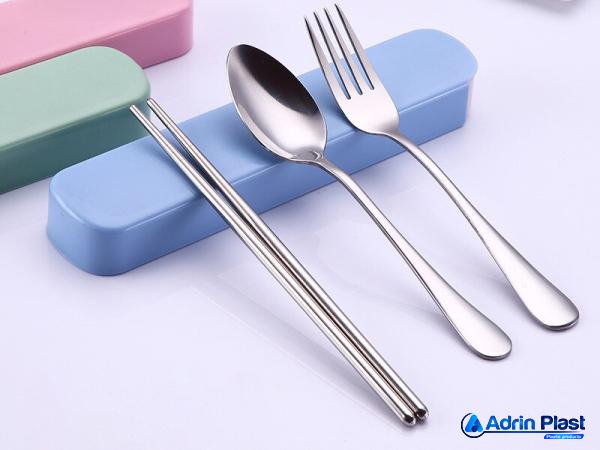

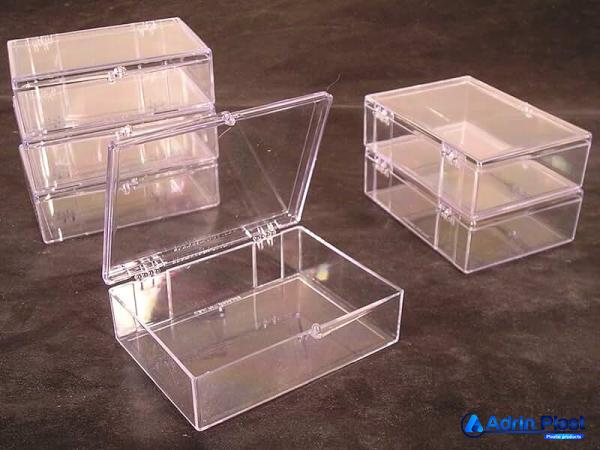
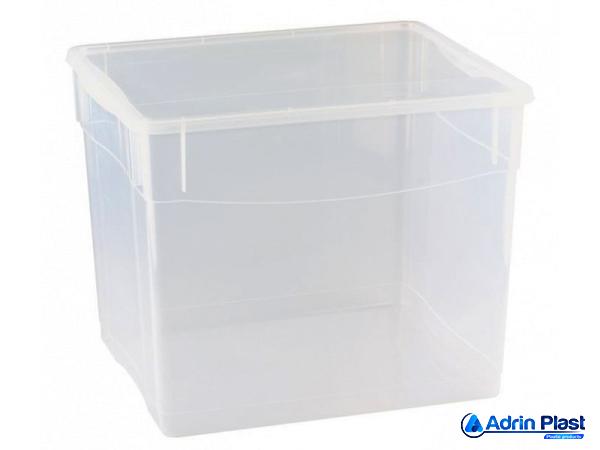
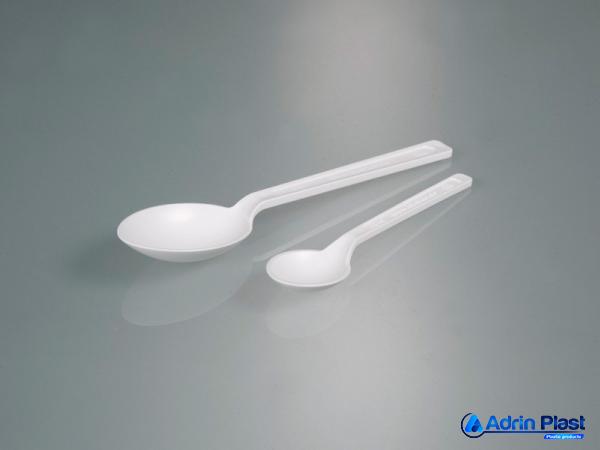
Your comment submitted.